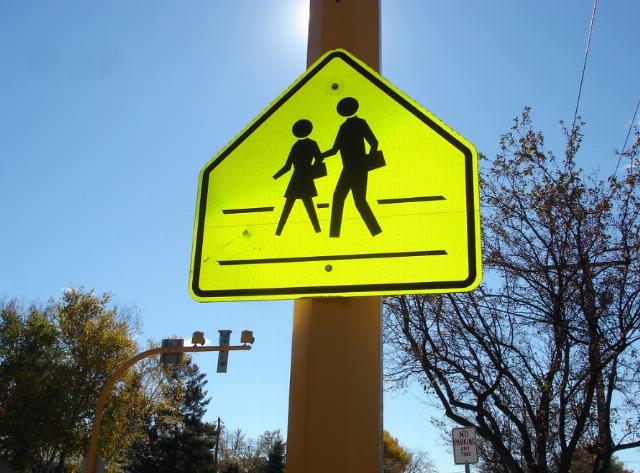The benefits of universal school choice
Donald Trump plans to change primary and secondary education in the United States. He has promised to dismantle the Department of Education, promote universal school choice, do away with public-school tenure laws, adopt merit pay for teachers, and eliminate diversity programs in schools.
President Jimmy Carter enacted the Department of Education in 1979. The department had two major goals -- to improve education and ensure access to education for all Americans. The department provides 10% of K-12 funding. It helps provide $18.4 billion for high-poverty K-12 schools in addition to $15.5 billion for students with disabilities. It implements achievement tests and keeps track of enrollment and crime in school.
Trump wants to dismantle the Department of Education because he believes that the department is failing our education system. U.S. students continue to score low in reading, math, and science compared to other countries. Additionally, the department promotes and encourages the teaching of critical race theory, transgenderism, and it is complicit in biological boys competing with girls in sports and invading girl's spaces.
To fix these problems, Trump encourages states to implement their own curriculum and policies in their schools. Many people in government believe that states know what is best to teach their students. He has encouraged prayer in schools. He has said that he would cut federal funding to any schools promoting liberal propaganda such as critical race theory and gender ideology. He has also proposed pressuring K-12 school systems to do away with tenure and implement merit pay for teachers.
Trump, with the help of Congress, may allow more students to attend private schools and charter schools. He has said that he wants to provide tax credits for donations to organizations that provide private school scholarships.
Any effort to dismantle the Department of Education would meet a lot of pushback. If the department, was done away with, then public schools would receive less money overall, poor public schools might be in danger of closing, disabled students might not be given money from the federal government, and Pell Grants might not be available to students in college.
Parents may have different preferences regarding whether their child goes to public schools, charter schools, or private schools. Private schools are usually more disciplined and academically focused and usually see higher test scores among their students while public schools usually have more diverse student bodies, offer more extracurricular activities, and do not have religious components. Studies show that students in private schools and charter schools have a safer educational environment than public-school students and that these students score better in reading, writing, and math. Also, students in private schools are more likely to attend college after graduating than students in public schools. Some poor families would like their children to attend private schools or charter schools but cannot afford to.
There have been various studies indicating that school choice has benefited student achievement, made communities safer, and affected the number of students wanting to enroll in college. For example, Louisiana's voucher program saw an increase in student achievement in math and English after these students had been in private schools for three years. Additionally, school choice has resulted in public schools improving as well through competition.
Additionally, a study in Milwaukee found that private school choice lowered the chance that males would be convicted for criminal activities and lowered the rates of paternity suits. Voucher programs helped males who had a lowered level of academic achievement.
Lastly, Florida's private school-choice programs saw an increase in the number of students enrolling in college after graduating compared to students who did not participate in the private school choice option. Some public-school students were allowed to go to private schools for two years through Florida’s Tax Credit Scholarship (FTC). These studies found that students who spent two years in private school were more likely to enroll in college after graduating from high school.
With more and more states offering vouchers, tax credit scholarships, and ESA (Education Savings Account) funding, Trump and the Republicans in Congress may be able to pass a universal school choice program. This would allow taxpayer money to help students through vouchers, education savings, and tax-credit scholarships. A universal school choice program would result in more students being able to attend private schools, charter schools, and home schools. Students who would not have been able to experience these types of educational environments would benefit from access to vouchers and tax-credit scholarships.
Could the U.S. see an increase in literacy rates due to Trump? Could more good teachers be retained? Would liberal indoctrination stop in public schools? Would more students want to pursue higher education? Only time will tell.
Edward Kennelly has a degree in political science. He has worked in politics for several years and has published several political opinions. His works appear in the American Thinker, The American Conservative, and California News and Political View.

Image: Kt Ann





